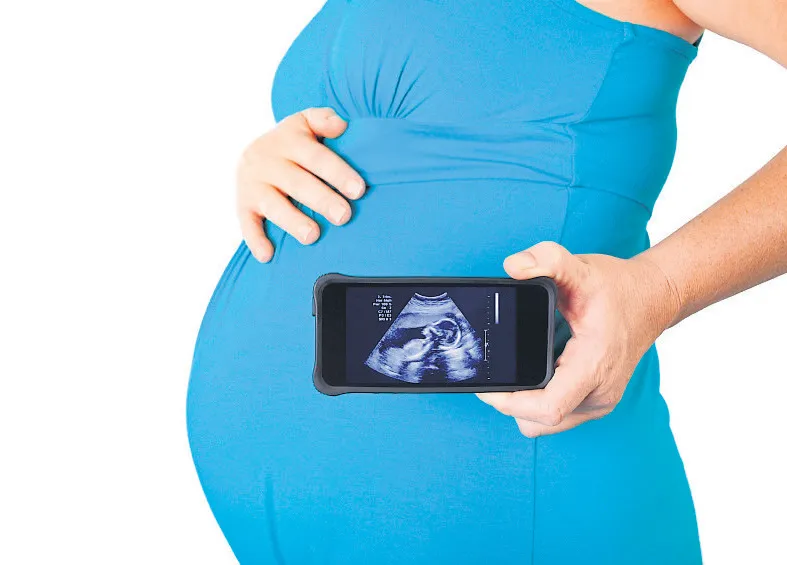Professor John Wyatt’s address on the challenges of contemporary medical ethics from this year’s EMA Conference
We live in confused and confusing times.
In my work as a paediatrician caring for extremely sick and tiny babies, I am often confronted with extraordinary dilemmas created by advances in technology. On the one hand, in the neonatal intensive care unit we were increasingly capable of ensuring the survival of babies born at the limits of viability, around 23 and 24 weeks, weighing little more than a pound. On the other hand, advances in antenatal ultrasound, MRI scanning and genetic technology are leading to increased ability to identify congenital abnormalities in unborn babies. In some cases the diagnosis was made when the baby was already at an advanced stage of gestation.



